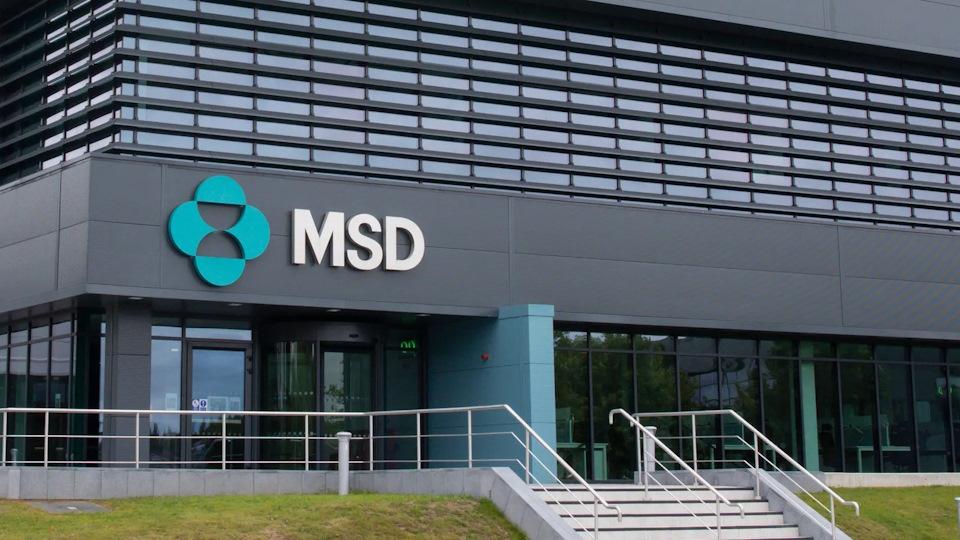After FDA no, MSD/Daiichi post new data with lung cancer ADC

MSD and Daiichi Sankyo's patritumab deruxtecan hit its main objective in a phase 3 lung cancer study that reinforces its potential as a new treatment option for patients after first-line treatment with EGFR inhibitors.
The HERTHENA-Lung02 study in EGFR-mutated non-small cell lung cancer (NSCLC), involving patients with locally advanced or metastatic disease previously treated with EGFR drugs, revealed a significant improvement in progression-free survival (PFS) compared to a chemotherapy regimen.
There were a couple of deaths in the study caused by interstitial lung disease (ILD) – a side effect linked to ADCs – but no indication yet whether they were deemed to be drug-related. Overall survival (OS) data is not yet mature, according to the drugmakers.
The result is a welcome endorsement of patritumab derxutecan's potential after the HER3-directed antibody-drug conjugate (ADC) was turned down by the FDA in June as a third-line or later treatment for locally advanced or metastatic EGFR-mutated NSCLC because of problems at a third-party manufacturer.
MSD paid $4 billion upfront for rights to patritumab deruxtecan and two other ADCs just under a year ago in a deal whose total value could reach $22 billion, so the FDA's decision came as a serious blow even though it was apparently unrelated to the safety and efficacy of the drug shown in the HERTHENA-Lung01 study.
In a statement, MSD and Daiichi Sankyo said that the results of HERTHENA-Lung02 trial will be presented at an upcoming medical meeting and shared with global regulatory authorities, giving them a chance of approval at an earlier stage in the treatment pathway as they work towards getting drug back on track for a potential approval next year.
HER3 is expressed in more than 80% of EGFR-mutant NSCLC, and overexpression is associated with poor outcomes. There is evidence that HER3 may be associated with resistance to EGFR inhibitors like AstraZeneca's market-leading Tagrisso (osimertinib). There are limited options for patients with this type of lung cancer if they progress after or fail to respond to EGFR-based therapy.
No HER3-targeted drugs have been approved to date, but there are dozens of candidates in clinical testing, so the pressure is on MSD and Daiichi Sankyo to get patritumab deruxtecan to market as soon as possible.
Other HER3 candidates in the industry pipeline include Roche/Genentech’s duligotuzumab, Merus’ zenocutuzumab, and Merrimack Pharma’s isitarumab – all bispecific antibodies – and antibodies from Elevation Oncology, Roche, and Novartis/MorphoSys.












